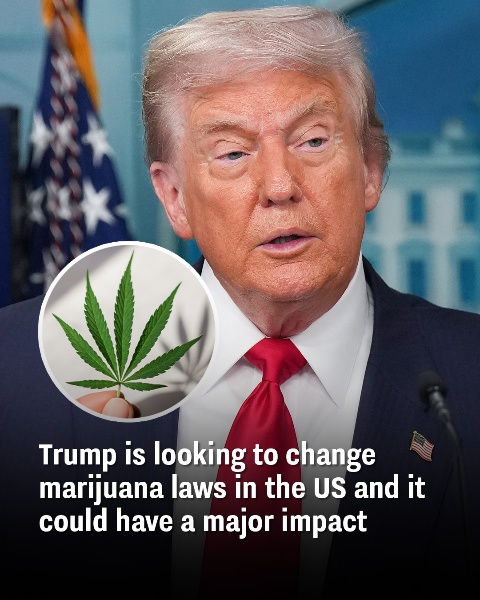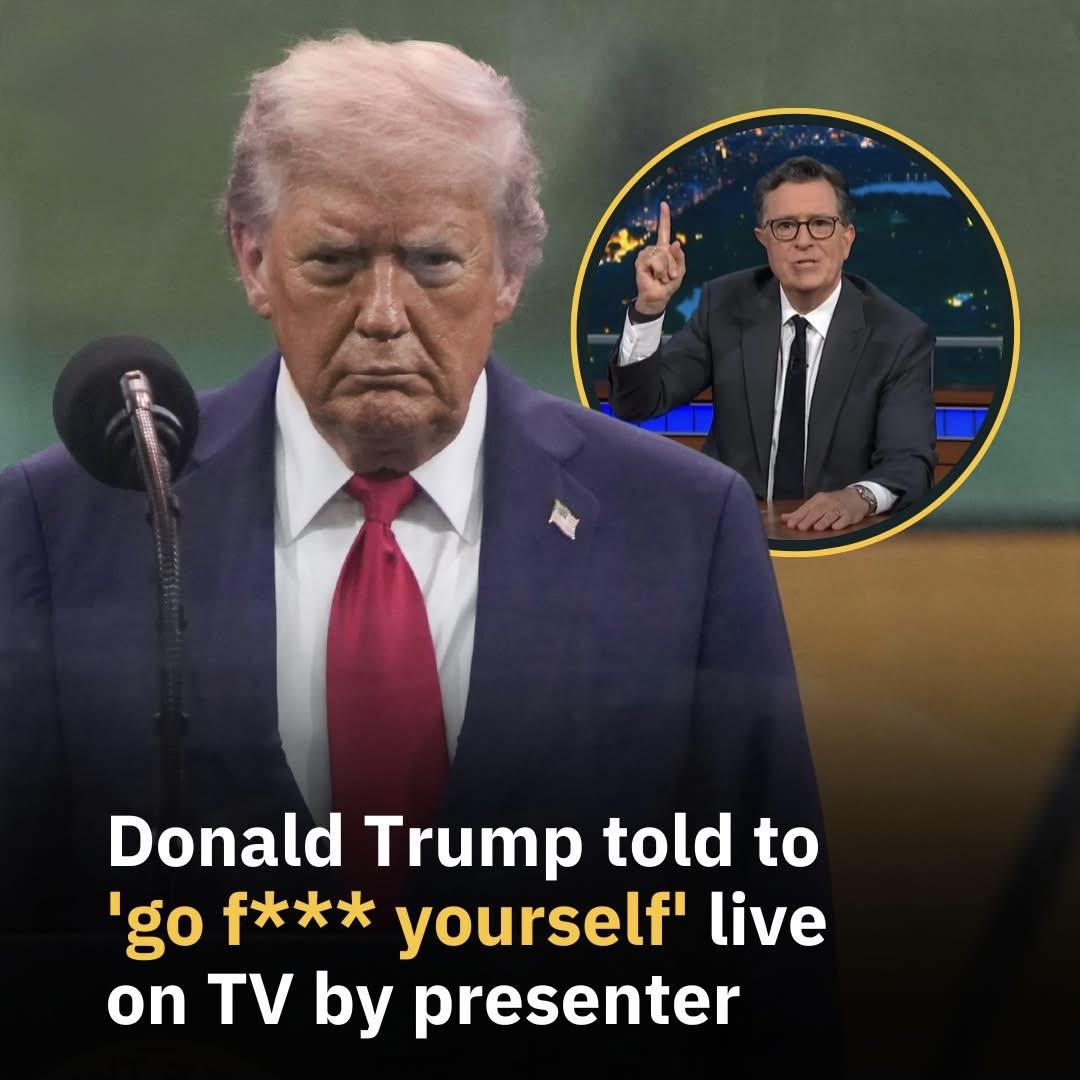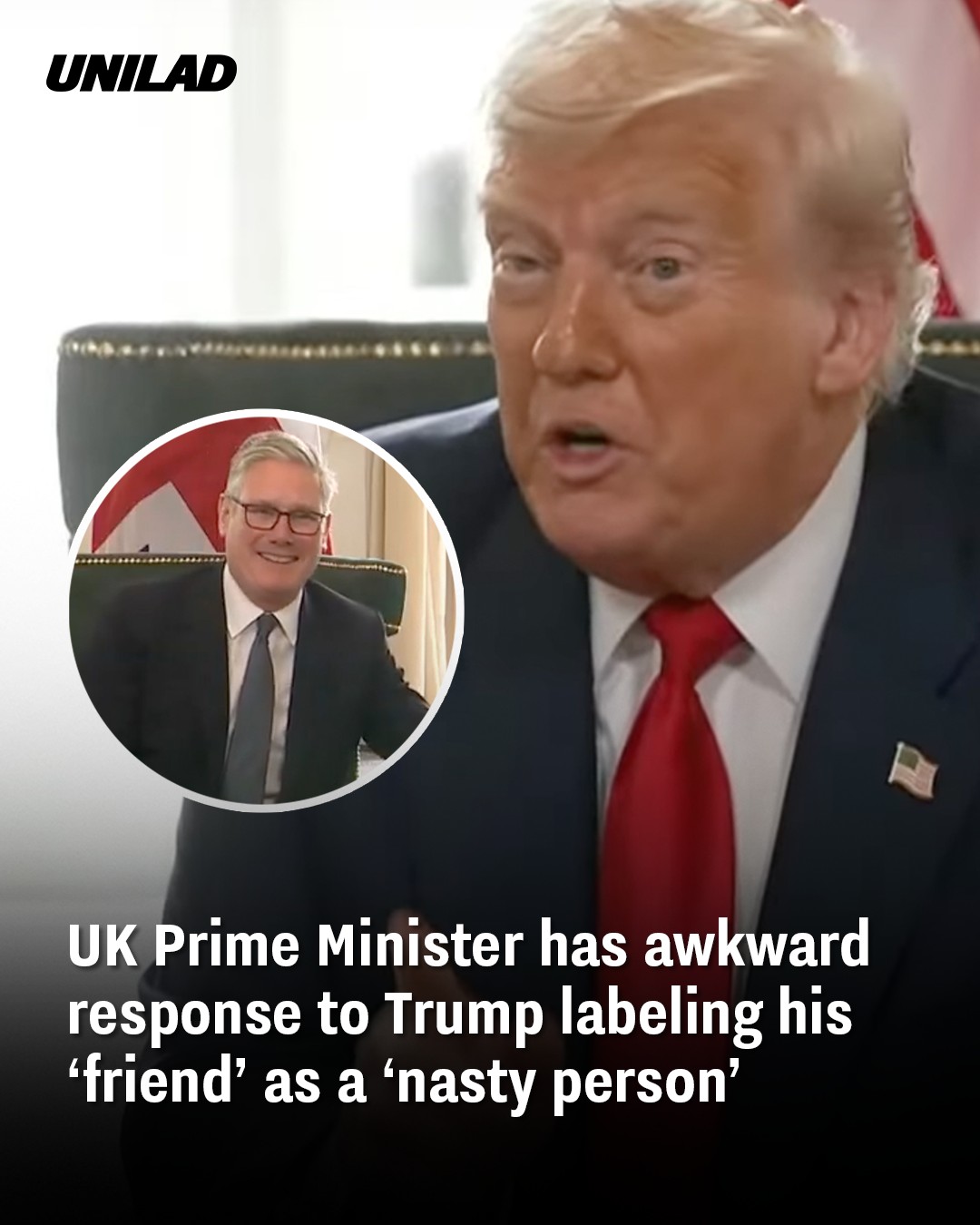Trump Considers Major Shift in Federal Marijuana Policy
President Donald Trump is reportedly weighing a potential change to the federal classification of marijuana — a move that could mark one of the most significant shifts in U.S. drug policy in decades.
Although Trump has never used marijuana himself and admits he has little personal familiarity with cannabis culture, his administration is “looking closely” at the idea of reclassifying the drug. This comes amid growing national debate over the medical benefits of cannabis, the criminal justice implications of its prohibition, and the economic potential of a regulated cannabis industry.
White House Briefing: A “Complicated” Issue
During a recent press conference at the White House, Trump directly addressed the swirling rumors about a federal policy change.
“We’re only looking at that, that’s early… Some people like it, some people hate it… We’re looking at reclassification, and we’ll make a determination over the next few weeks,” he told reporters.
He acknowledged the subject is “very complicated” and added:
“I’ve heard great things about medical use and bad things about just about everything else… For medical and pain relief, I’ve heard good things, but for other uses, not so much.”
What Could Change
Currently, marijuana is classified as a Schedule I drug under the Controlled Substances Act — a category reserved for substances considered to have no accepted medical use and a high potential for abuse. This designation, which has been in place since 1970, puts marijuana in the same legal category as he.roin and L.SD.
If Trump were to support moving marijuana to a lower classification, it could have far-reaching consequences:
-
Lower Criminal Penalties: Federal charges for marijuana-related offenses could be reduced, potentially affecting thousands of ongoing and future cases.
-
Business Opportunities: Cannabis companies might qualify for tax breaks and business deductions that are currently unavailable to them.
-
Medical Research Expansion: A lower classification could make it significantly easier for scientists to study marijuana’s potential medical benefits.
However, even with reclassification, recreational marijuana use would remain illegal under federal law, meaning the conflict between federal prohibition and state legalization could continue.
Political and Industry Context
The timing of Trump’s comments has sparked speculation. Just days before the press conference, he attended a high-profile fundraiser that included several prominent figures from the marijuana industry. Admission to the event reportedly cost $1 million per guest, raising questions about whether industry lobbying could be influencing the administration’s stance.
Over the past decade, a growing number of U.S. states — now more than 20 — have legalized recreational cannabis, while over 35 states allow medical use in some form. This has created a patchwork of laws across the country, with marijuana legal at the state level in some places but still banned federally.
Public Opinion and 2025 Political Climate
Public support for marijuana legalization has never been higher. Multiple polls show that roughly two-thirds of Americans now support making cannabis legal for recreational use, and over 85% favor medical marijuana access.
For Trump, embracing a softer federal stance on marijuana could appeal to younger voters, libertarians, and states’ rights advocates ahead of the 2025 political season. However, it risks alienating more conservative supporters who oppose any form of legalization.
The Road Ahead
Reclassification would not happen overnight. The process involves the Drug Enforcement Administration (DEA) and Department of Health and Human Services (HHS) reviewing scientific and medical evidence, followed by a formal rulemaking process.
Still, Trump’s comments signal a notable shift in tone from earlier years of his presidency, when federal marijuana policy was largely shaped by a “hands-off” approach that allowed states to enforce their own laws without much federal interference.
For now, the cannabis industry, advocates, and opponents alike will be watching closely as the administration considers whether to make history by softening one of the strictest aspects of U.S. drug policy.



